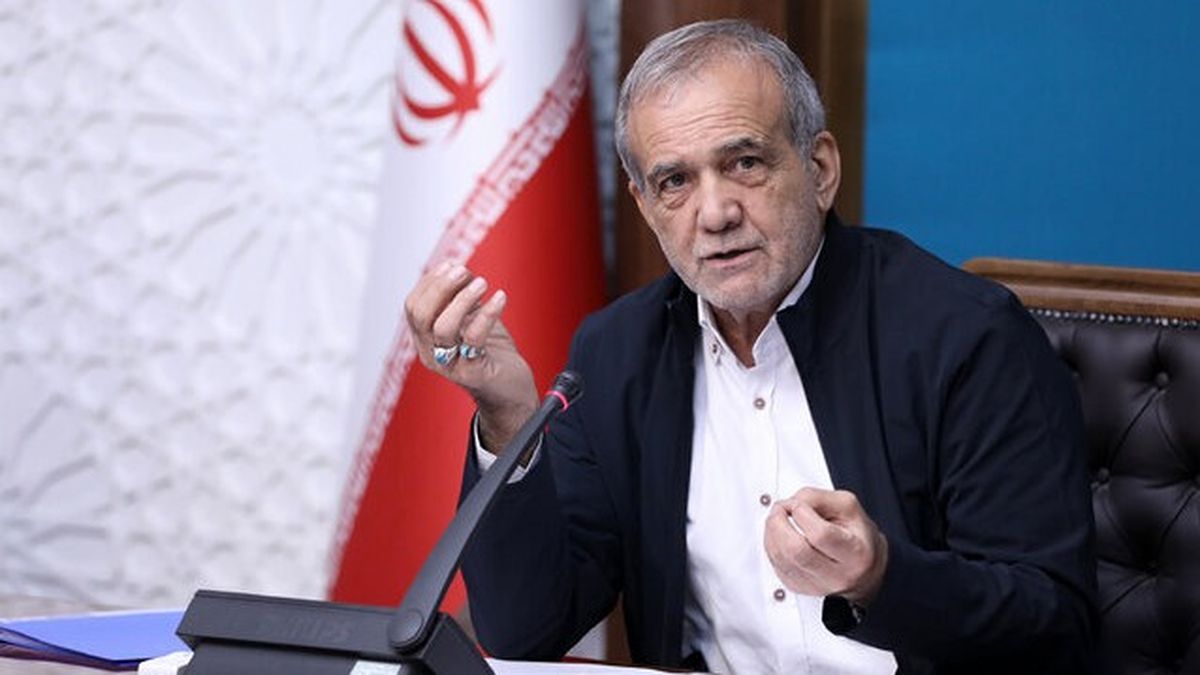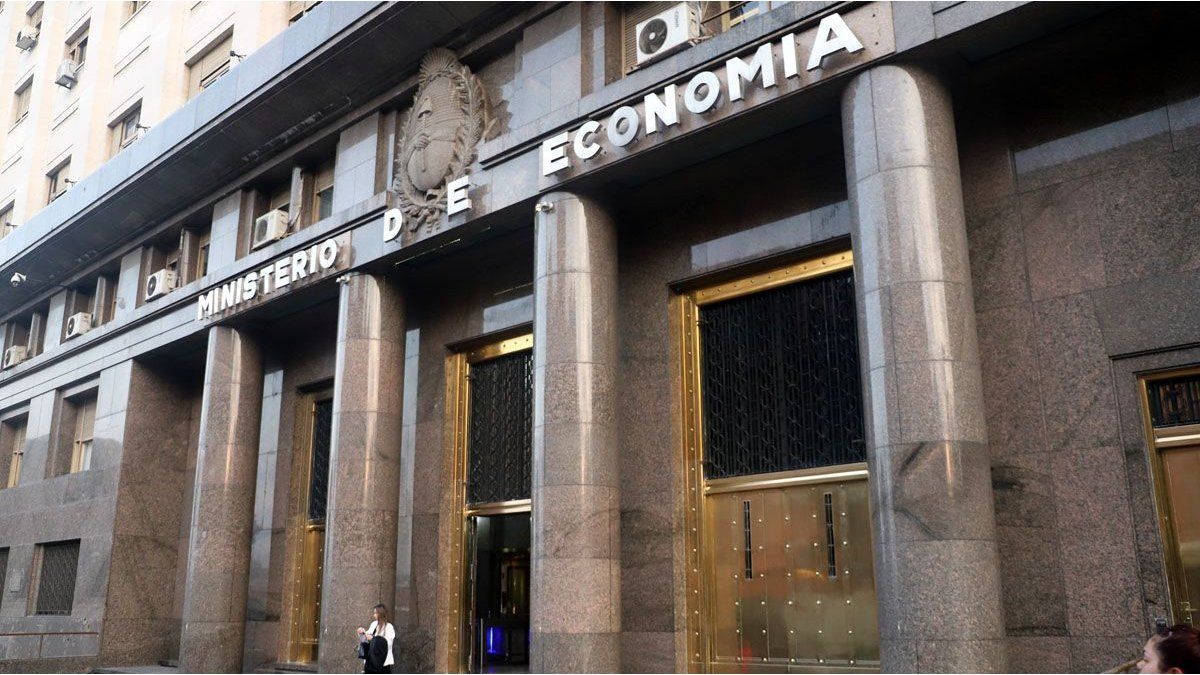In the Munich Wirecard trial, ex-CEO Braun declared himself innocent and rejected all allegations. On the 100th day of the trial it is clear: the proceedings are not going according to plan.
The Munich Wirecard process is developing to the detriment of former CEO Markus Braun. The defense of the manager, who has been in custody for over three and a half years, filed an application for bias against the presiding judge Markus Födisch and his two assessors on behalf of Braun on Wednesday.
Defense attorney Nico Werning wanted to read the motion for bias in the room, but the chairman refused. “The way in which you are concealing the proceedings here defies description,” Werning then accused the chairman. “They just don’t want the public to know what’s happening here.”
The heated argument was triggered by the chamber’s decision to suspend the arrest warrant against the co-defendant and key witness Oliver Bellenhaus. This makes Braun the only one of the three accused managers who is still in custody.
There is no verdict in sight yet
After 14 months and 100 days of trial, there is still no verdict in sight in the proceedings surrounding what is believed to be the largest fraud case in Germany since 1945. But both Braun’s and Bellenhaus’ defense lawyers see the release of the key witness as a sign of the direction in which the trial is developing. Bellenhaus’ lawyer Florian Eder spoke in front of the courtroom of a “turning point”. During a break in the proceedings, Werning accused the judges of having settled on one version. “One version” in this case means: Bellenhaus’ representation, not Braun’s.
The Wirecard trial is out of the ordinary in several respects: It is not just the accusation that a gang of fraudsters was at work in the executive suite of a DAX company that is extraordinary. The fraud damage for cheated lenders could amount to an immense sum of three billion euros.
Application for bias against the judge
It is also unusual that two accused managers in the courtroom describe the events in such contrasting terms as Braun and Bellenhaus. The key witness admitted most of the allegations and accused Braun of being an accomplice. The former CEO and his lawyers do not deny that criminals were at work at Wirecard. But according to his defenders, the former sales director Jan Marsalek, who has been in hiding since 2020, Bellenhaus and accomplices managed to get real billions from real businesses onto the site through a network of shadow companies, without Braun’s knowledge or involvement. The defense attorneys accuse Bellenhaus of lying.
Judges should conduct criminal proceedings impartially, without favoring or disadvantaging a defendant. The request for bias amounts to the accusation that the chamber is biased against Braun. Immediately after Bellenhaus’ release, Braun’s main defense attorney Alfred Dierlamm accused the Munich judiciary of a “dirty deal behind closed doors.”
The court rejected this in a separate statement: “No agreement of any kind about the criminal proceedings was made at the detention hearing on February 5, 2024. Only the requirements of the arrest warrant and the conditions for suspension of execution were discussed.”
So far, no document has emerged in the trial that would unequivocally prove Braun’s involvement in fraud. No witness accused the Austrian face-to-face in the courtroom of being a fraud. But many witnesses in the courtroom paint a picture of a company in which things were strange and questionable.
The entrepreneur Anastassia Lauterbach, who sat on the supervisory board from 2018 until the bankruptcy in 2020, was invited to the 100th day of the trial. “Mr. Braun intervened very strongly in the work of the supervisory board,” she said. “We were dependent on information from the board. As already stated, the information was hardly available.” And according to Lauterbach, Wirecard’s awareness of compliance with regulations and the law was severely underdeveloped: “Because the company was never interested in compliance.”
A witness who was recently interviewed via video from Bangkok said that she had never heard of Wirecard. But her signature and passport copy can be found in company documents. The saleswoman was obviously a straw woman, according to her statement, without her own knowledge or involvement. And a Japanese manager who had traveled from Malaysia was apparently surprised to learn that he was a director or partner in around a hundred companies in Wirecard’s orbit in Singapore.
A British manager for the US company Visa testified that there were no receipts in the Visa computer system for credit card payments documented in Wirecard documents. Wirecard insolvency administrator Michael Jaffé has so far found no trace of the missing billions, and his assessment of the actual payment flows could be of great importance.
But it will probably be months before Jaffé appears as a witness in the underground courtroom of the Stadelheim prison. According to the court spokesman, the insolvency administrator is expected to be heard as a witness towards the end of the taking of evidence. According to a court spokesman, it is not possible to predict whether the proceedings will end this year.
Source: Stern




